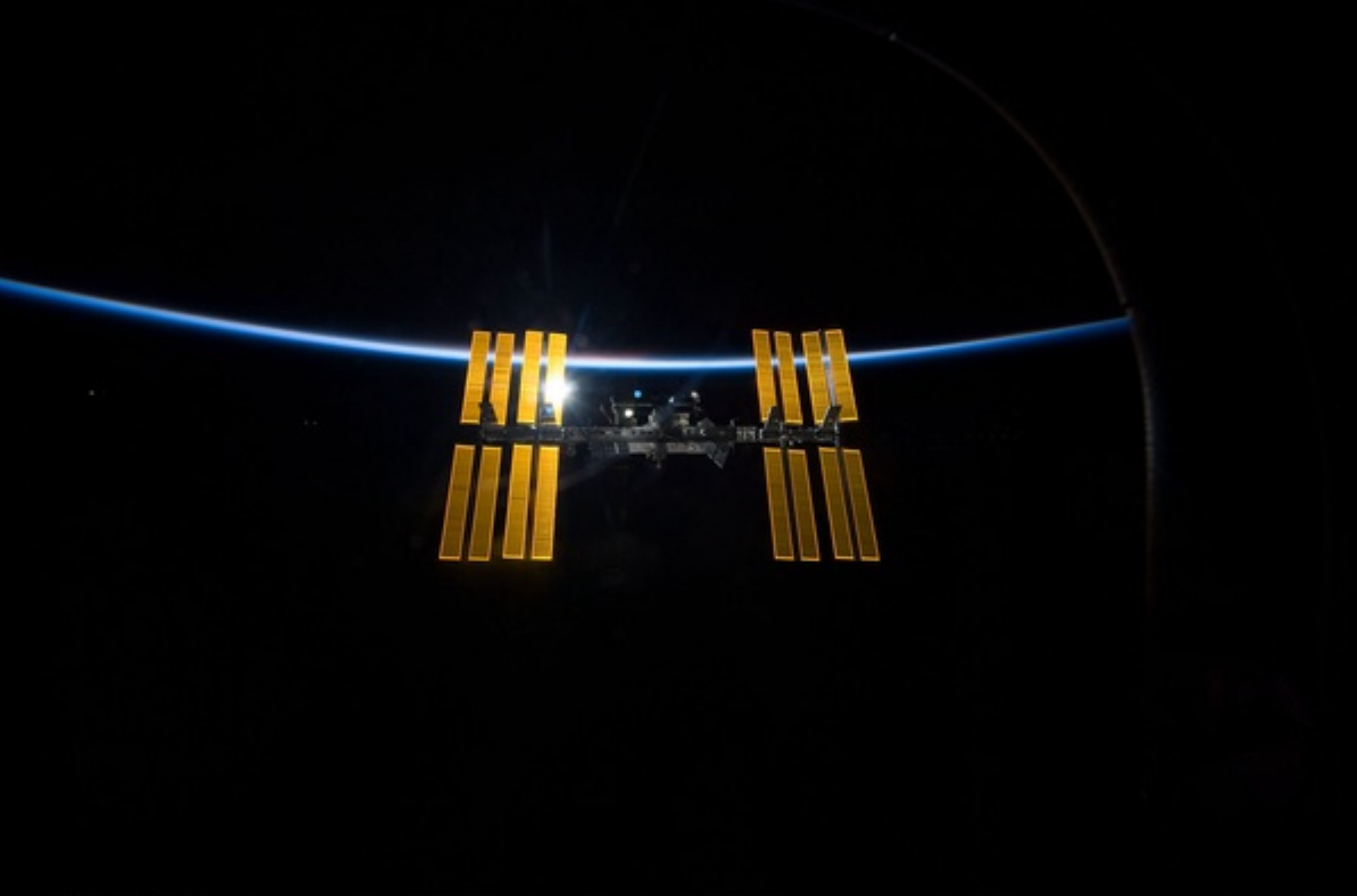Why National Space Programs Still Matter
The desire to explore is a core part of the American identity. In an essay on the value of exploration, former NASA Chief Historian Stephen J. Dick summarizes how federally funded expeditions—from the voyages of Lewis and Clark to the journey of Apollo 11—have shaped and continue to shape a culture of opportunity and collaboration.
The “frontier thesis,” proposed by 19th century historian Frederick Jackson Turner, upholds that many key values of the United States, including individualism and innovation, derive from a desire to continually explore new frontiers. In the 18th century, that frontier was the American West. Today, that frontier is space.
Whether or not the frontier thesis holds true, the allure of space is undeniable. Yet, in an era of increasingly successful commercial space ventures by companies like SpaceX and Boeing, many have begun to question whether national investment in space is still necessary.
Some critics point to NASA’s billion-dollar budget and delayed timelines and argue that private companies could perform the same jobs much more efficiently and at much lower costs. Other critics question if it is even ethical to invest in space exploration when so much needs to be fixed on Earth. If companies like SpaceX can do better, why not let them take the reins of space exploration so that the U.S. government can address other needs?
In a recent op-ed, Dr. Mary Lynne Dittmar outlined two reasons why national space programs still matter.
The first reason national space programs still matter is because they signal geopolitical intent. Commercial space programs, while influential, simply do not have the same platform to impact international affairs.
Budgets are a reflection of national priorities. Consequently, national investment in space is a powerful tool to demonstrate the United States’ commitment to continued international scientific cooperation and the peaceful development of space. This directly benefits cooperation in other realms of diplomacy and helps the United States define norms for the use and proliferation of disruptive and emerging technologies, such as anti-satellite weaponry. Private companies simply do not have the power to leverage national connections to build international norms. As Dittmar summarizes:
Bringing someone else’s rocket and crew vehicle to the geopolitical table does not convey the same intent. A national presence, backed by the full faith and measure of Congress, focuses international attention and creates incentives for partnerships around the globe.
With this in mind, it is important to note that matters of national security and policy making are outside the purview of NASA. Unlike many of its international counterparts, NASA is explicitly forbidden (Sec 102. (b)) from engaging in military-related activities. However, this is not a liability. Rather, this uniquely positions NASA to facilitate international collaboration in matters of space, aerospace, and earth science.
The second reason national space programs still matter is because they fulfill a technological need private companies cannot. This is because they calculate return on investment (ROI) differently. ROI takes into consideration the ability of an actor to develop and maintain its assets. Unlike private companies, countries have an added geopolitical dynamic built into their calculations. International cooperation can reap intangible benefits in the form of soft power and scientific advancement. Such intangibles are hard to quantify using a typical analysis of revenues and costs. There is no better example of this than the International Space Station, which has improved quality of life worldwide through enhanced international scientific cooperation.
The desire for a geopolitical ROI incentivizes governments to invest heavily in things like basic research. This, in turn, has direct benefits on economic growth. Many technologies which are originally developed in the public sector eventually become spinoff technologies in the private sector. It is impossible to quantify just how much benefit spinoff technologies bring in relation to the cost of their development, but it is estimated that for every $1 the U.S, government spends on NASA, the economy is boosted by $7-$14.
This does not mean that commercial investment in space does not matter. On the contrary, public-private partnerships, like NASA’s Commercial Crew program are essential to the continued development of space, since the public and private sectors pay distinct, yet symbiotic roles in the process of research and development. National space programs provide essential research; commercial space programs use this research for further innovation.
According to a 2018 poll by the Pew Research Center, a majority of Americans agree. Roughly 65% of Americans believe that it is essential that NASA continue to be involved in space exploration, and 80% agree that the ISS has been a good investment for the country. This support is shared widely across gender, political and educational groups.
Even Elon Musk has expressed his support for NASA.
Exploration fills our imaginations with wonder—and hope—about the future and inspires us to tackle increasingly complex challenges in pursuit of a better world. It is for these reasons that national investment in space is still necessary—not just for the United States, but for the preservation and betterment of all humanity. Space unites people. It is our new frontier.
Ashley B. is a junior in the School of Foreign Service studying International Politics and Russian Area Studies. She is interested in the security challenges and opportunities for international collaboration posed by emerging and disruptive technologies in space and aerospace.

